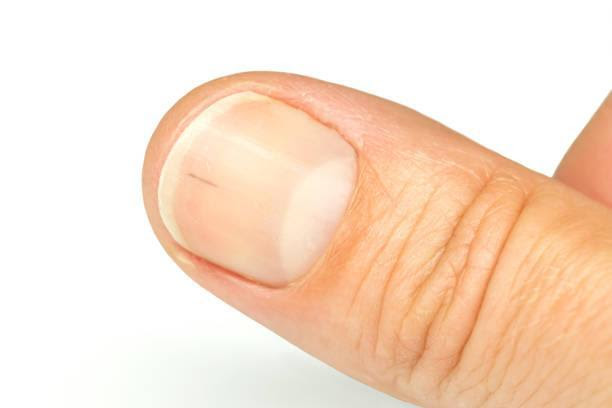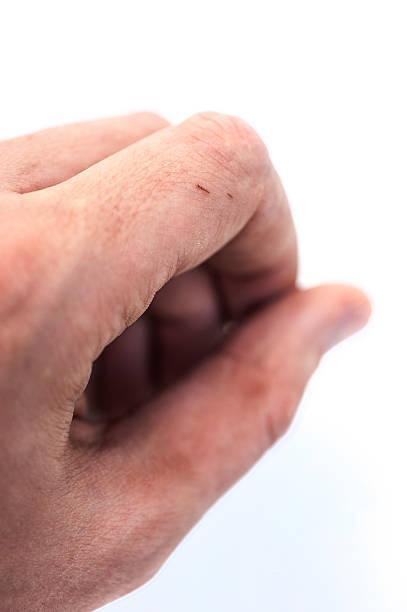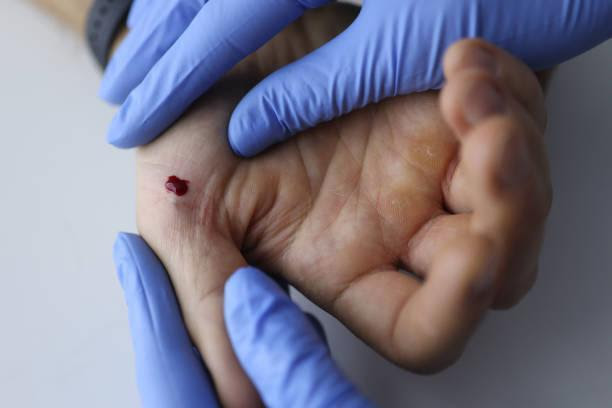It happens when you are least aware; sometimes, it occurs when you are busy playing, building, moving things, or doing any other activity. Then all of a sudden, you feel a sharp pain, and you just got a splinter. The pain may not be traumatic, but it is persistent, annoying and can hinder you from resuming your activities.
For most people, the first reaction when they get a splinter is to look for a tweezer. This method can be painful and cause more damage if the splinter breaks. Check out the most straightforward and natural ways to remove the splinters. These remedies are homemade and require little effort.
Use potato slices
It is one of the least popular though most effective methods. You have to cut a thin slice of potato and put it on the affected area. Attach it using a bandage to ensure it stays on the affected area. Keep it in place for 24 hours and provide no other substance such as water that comes into contact with the affected area. After 24 hours, unbandage the area, and the slice will automatically pull out the splinter. If you do not have a potato slice, you can use onion, tomato slice, or banana peel.
Hydrogen peroxide
Hydrogen peroxide is the most effective method of splinter removal when the splinter is visible or near the skin surface. Soak a cotton pad in hydrogen peroxide, rub it on the affected area and wait for a few minutes. The splinter will come out effortlessly; if you feel any pain rub more peroxide on the skin surface again and wait for a few minutes before pulling the splinter. If the splinter is long, ensure you rub the hydrogen peroxide longer to ensure the entire area is soaked.
Furthermore, you can dip the affected area into hydrogen peroxide and leave it in for a few minutes. Dipping it in hydrogen peroxide is more effective than rubbing. You can only use the method for affected areas such as fingers and toes; otherwise, you can use a cotton pad dipped into the solution.

Bread and milk
This is a preferable method because it is cheap, readily available, and requires a shorter duration. Ensure the bread is wet before using it, and you can do this by spilling some milk on it then placing it on the affected area. Bandage the bread on the affected and leave it for a few hours. After taking out the bread, pull out the splinter using a tweezer; it will come out without much effort. This method is suitable when the splinter is visible or closer to the skin surface.
Baking soda
Baking soda effectively removes tiny and deeply penetrated splinters, and it is also one of the most preferred home remedies. However, it should be the last remedy in case other options fail. It is very effective but using it will leave behind a swollen area which is not the perfect condition you need.
Prepare a thick soda paste and spread it over a bandage. Apply the dressing to the affected area and leave it for 24 hours. The paste will pull out the splinter and take it to the surface. If the splinter is not on the skin surface but visible, you can use tweezers to pull it out. However, if the splinter is not visible but still in the skin, apply a fresh baking soda paste and repeat the process until it is completely gone.

Bacon fat
This is the most exciting way of removing a splinter. Cut a bit of white fat from a piece of bacon and place it on the splinter; secure it and leave it overnight. Subjecting the bacon to pressure will warm it, and a small section will melt and get into the skin opening. The effect will draw out the splinter; if not, you can pull it or push it without any pain, and it will slide smoothly to the open.
What you need to consider when removing splinters
Splinters are foreign objects in your skin; you need to exercise the following cautions to avoid any complications:
- Be patient: hurrying the splinter could lead to the splinter breaking in the skin, causing more pain and difficulty to remove.
- While exerting pressure around the skin, be careful not to push the splinter deeper into the skin.
- Ensure you locate the splinter before you try removing it.
- Get help from someone to avoid any mistakes.
- In case of inflammation, seek medical help.

The Bottom Line
After removing the splinter, ensure you disinfect the wounded area to avoid infections. These methods effectively remove splinters, and if one fails, you can try the other one. Besides these methods, you may need additional items such as tweezers to pull the splinter. Regardless of the method you choose, remember to be patient and willing to repeat.



